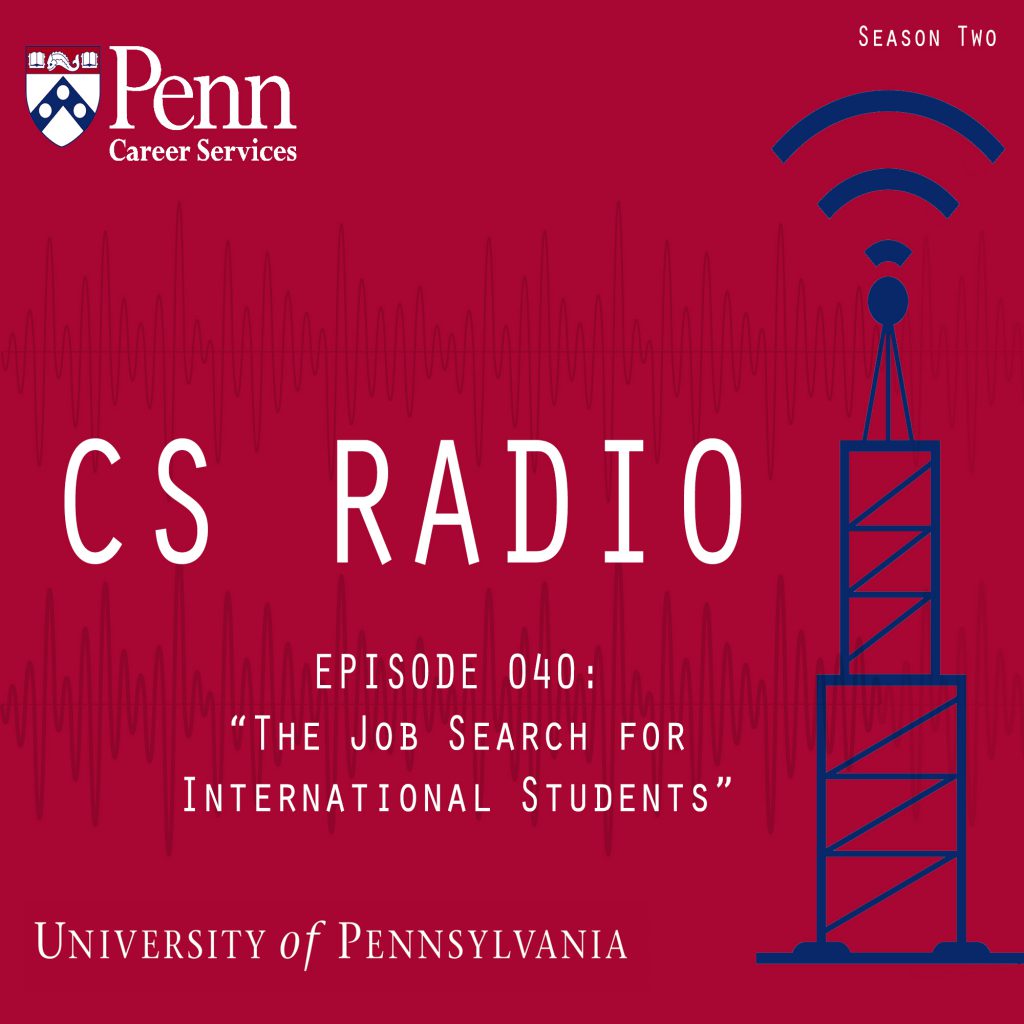By Dr. Esther H. Ra, Career Advisor
When I lived overseas in Seoul after college, it was thrilling, yet intimidating trying to find my groove in a city that was foreign, but yet now my “home.” I had a couple touchpoints throughout the city that helped me get through the first few months there. I was very grateful to the kind souls who showed me where I could shop for groceries (in the basement of a department store), how to pay my utilities bill (at the bank!), and how to navigate the bus terminal to various cities (unlocking the key to visiting extended family). I remember those first few days of walking around and soaking everything in, while trying to make sense of my whereabouts. It was an exhilarating and formidable time. When I think back, I am so thankful to the kind friends and colleagues who took the time to share valuable resources with me. These resources set me up for success and helped me enjoy my experience in what is now one of my very favorite cities in the world!
Similarly, on Penn campus, many new international students and colleagues have joined us on our campus. The fall 2018 semester is in full swing and already the onslaught of a new year and its classes, events, and activities are upon us. If you’re an international student or colleague, are you ready to conquer this semester? Has the semester already been filled with some anxiety and trepidation? Do you feel overwhelmed by the assignments, deadlines, “to-do lists”, and activities? All of this is exhausting for any student, but if you’re a student who is living in a different cultural context than your own, it can be downright daunting. Below is a breakdown of some of the resources on campus at your fingertips:
Penn Career Services: https://www.vpul.upenn.edu/careerservices/
Our office services students and alumni of all undergraduate schools and most graduate schools. We strategize with students to define career goals and develop their potential. We offer resume, CV and cover letter reviews, as well as mock interviews. In addition, we conduct a plethora of practical workshops and events related to networking, including career fairs, meet and greets, and employer information sessions. Be sure to be registered on Handshake to access jobs and announcements from our office: https://www.vpul.upenn.edu/careerservices/handshake
Counseling and Psychological Services at Penn (CAPS): https://www.vpul.upenn.edu/caps/
As the counseling hub for the University, CAPs offers free counseling and confidential services to all Penn students. They offer appointments for life’s transitions and challenges, and work with you to develop coping strategies for situational contexts.
International Student & Scholar Services (ISSS): https://global.upenn.edu/isss/advising
I’m sure by now you are very familiar with ISSS’ services and with advisors who can assist you with visa questions and immigration processes. This office is instrumental to Penn’s international students and I encourage you to use their expertise to make the most out of your experience on Penn campus.
Marks Family Writing Center: http://writing.upenn.edu/critical/wc/
The Marks Family Writing Center is a resource center that can be utilized by both undergraduate and graduate students for feedback on any writing needs. If you’re having trouble developing a paper, writing a cover letter, or struggling to create a PowerPoint for a course you are taking, the experienced staff at the Writing Center can lend a critical eye for great feedback. With a little bit of prior planning, this is an amazing free resource, you can utilize to brainstorm and organize your writing projects. We have had many students, particularly international graduate students tell us that it was a great place to visit when struggling to draft their first cover letter.
Penn Tutoring: https://www.vpul.upenn.edu/tutoring/
This center at Penn is for undergraduates only. They offer supplemental help for your academics with tutors who are an ace in the subject area you may be struggling to understand. Again, with a little bit of planning, this free campus resource could be a wonderful aide to any bumps in the road with adapting to the academic rigor that is Penn. We’ve had many students tell us that this has been an invaluable resource and a great help to becoming acclimated to classes on campus.
Weingarten Learning Resource Center: https://www.vpul.upenn.edu/lrc/lr/
Did you know that Weingarten Learning Resources Center has programs especially designed for international students’ and their transition to Penn’s campus and its academics? Many of them take place at the beginning of the semester. Some of the workshops offered may help with organizing your semester, discuss cultural differences and expectations in the US classroom, as well as equip you with research skills and citations.
I hope these places on campus can serve as touchpoints for your time on Penn Campus. You’ll be so glad you crossed your “t”s and dotted your “i”s when you did (an American idiom for being detailed and thorough). Welcome and we wish you a successful semester!




 International students enrolled at Penn seek internships and jobs in their home countries, in the United States, in global organizations’ locations around the world, and in other countries. Searching for an internship or job involves many of the same tasks anywhere (identifying one’s strengths and goals, exploring career fields, preparing resumes and cover letters, networking, researching companies, applying, interviewing, and more), but two particular issues make the process different for international students seeking positions in the United States: language skills and immigration issues.
International students enrolled at Penn seek internships and jobs in their home countries, in the United States, in global organizations’ locations around the world, and in other countries. Searching for an internship or job involves many of the same tasks anywhere (identifying one’s strengths and goals, exploring career fields, preparing resumes and cover letters, networking, researching companies, applying, interviewing, and more), but two particular issues make the process different for international students seeking positions in the United States: language skills and immigration issues.